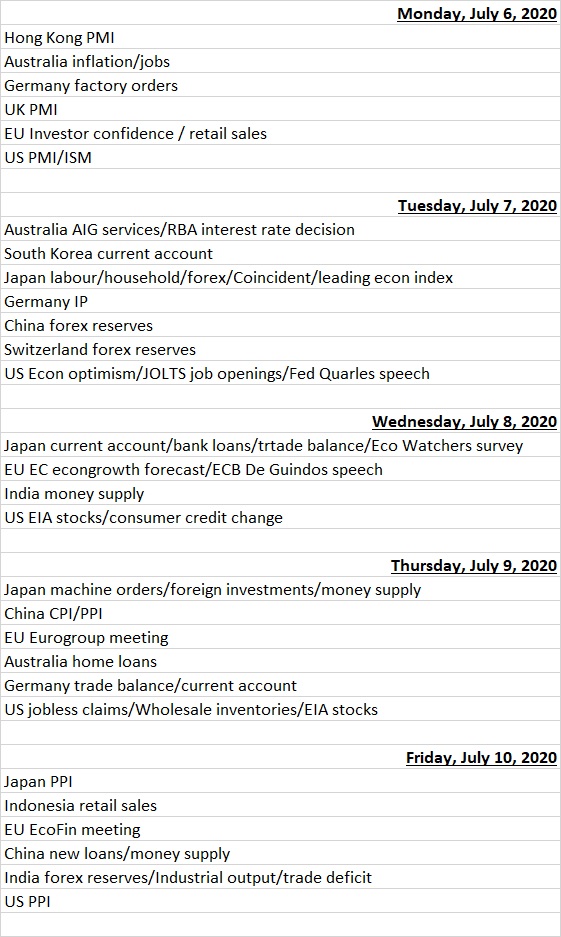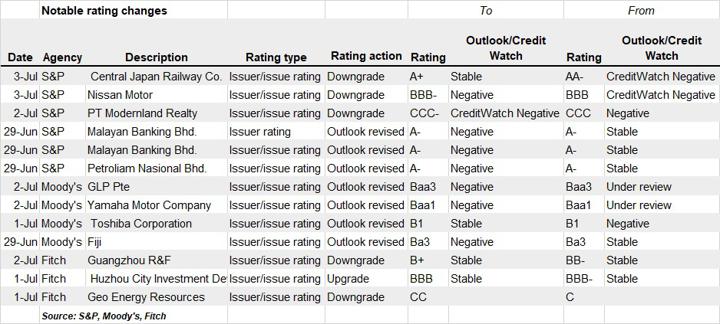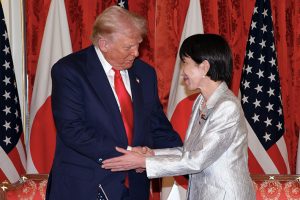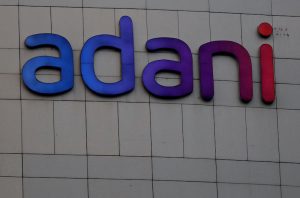(ATF) Economic events
Financial markets will seek confirmation that economies are firmly on the road to recovery as investors track global PMI and US non-manufacturing data, eurozone industrial output and retail sales in the week ahead.
Following the US’ flash PMIs that have already shown signs of improvement in June, and forecast-beating ISM factory numbers, investors are seeking positivity from the services and non-manufacturing numbers. Jobless claims will dominate the investor mindset amid concern about the economic impact of lockdowns being reintroduced, with vast areas of the US having reintroduced lockdowns as Covid-19 infection rates hit new peaks.
“Markets will trade nervously over the coming weeks in response to the second wave of the pandemic and the looming US fiscal cliff,” said Peter Berezin, Chief Global Strategist of BCA Research, a macro research firm. But he recommended buying in the dip if global equities were to fall 5%-to-10% from current levels.
“While the pace of reopening will slow, there is little appetite for the sort of extreme lockdown measures that were implemented in March.”
Central bank meetings in Australia and Malaysia will be keenly watched by investors in the Asia Pacific region for policymakers’ latest assessments of the economic outlook.
“Both have unleashed stimulus to fight pandemic-fuelled downturns, but the latest economic data are showing improvements which could reduce appetite for further measures just yet,” Chris Williamson, the Chief Business Economist at IHS Markit, said.
“China’s credit and money supply data will also be important to watch after better than expected PMI data,” he said, even as financial markets expect meaningful cuts in monetary policy rates as we head into the second half.
This follows the loss of growth momentum in China, where the latest output numbers hint that a lack of demand – notably in export markets – as limiting the ability of China’s factory sector to regain strong growth. While total new orders rose to the greatest extent since December 2019 in China, exports orders continued to fall.
Fund flows
Investment flows at the start of the third-quarter reflect a moderation in yield chase, accelerating money market outflows and inflation concerns creeping into markets in the week to July 1.
“Inflation Protected Bond Funds absorbed a further $1.6 billion while High Yield Bond Funds saw a 13-week, $71-billion inflow streak come to an end and Money Market Funds posted their biggest weekly outflow in the year-to-date as they extended their longest run of redemptions in more than four years,” fund-flow data provider EPFR Global said.
Investors pulled $1.5 billion out of Balanced Funds, $7.1 billion from Equity Funds and $28.8 billion from Money Market Funds, while Alternative Funds absorbed a net $1.1 billion and Bond Funds $15.2 billion.
Emerging Markets Equity Funds posted their biggest quarterly outflow since EPFR started tracking them in 1995.
“Geopolitical and trade tensions, the economic damage already done by the Covid-19 pandemic and the inability of some countries to contain its spread, weak commodity prices and concerns about the levels of corporate and household debt in some markets have all contributed to the current exodus by investors.
The resurgence of Covid-19 infections in the US and the slow progress in the setting up of the $830-billion European Union ‘rescue fund’ weighed on Developed Markets Equity Funds.
EPFR-tracked Bond Funds bounced back in the second quarter, collectively posting a new inflow record in early June and extending a 12-week, $207-billion inflow streak into July, following the $445-billion outflow in March.
But risk appetite among fixed-income investors has abated in the final days of the second quarter as both High Yield and Emerging Markets Bond Funds posted their biggest outflow since late March. Inflation Protected Bond Funds saw flows over the past three weeks approach the $5-billion mark, as Inflation Protected Bond Funds absorbed a further $1.6 billion a week after posting a new inflow record.
Economic data calendar

Last week’s rating changes

























